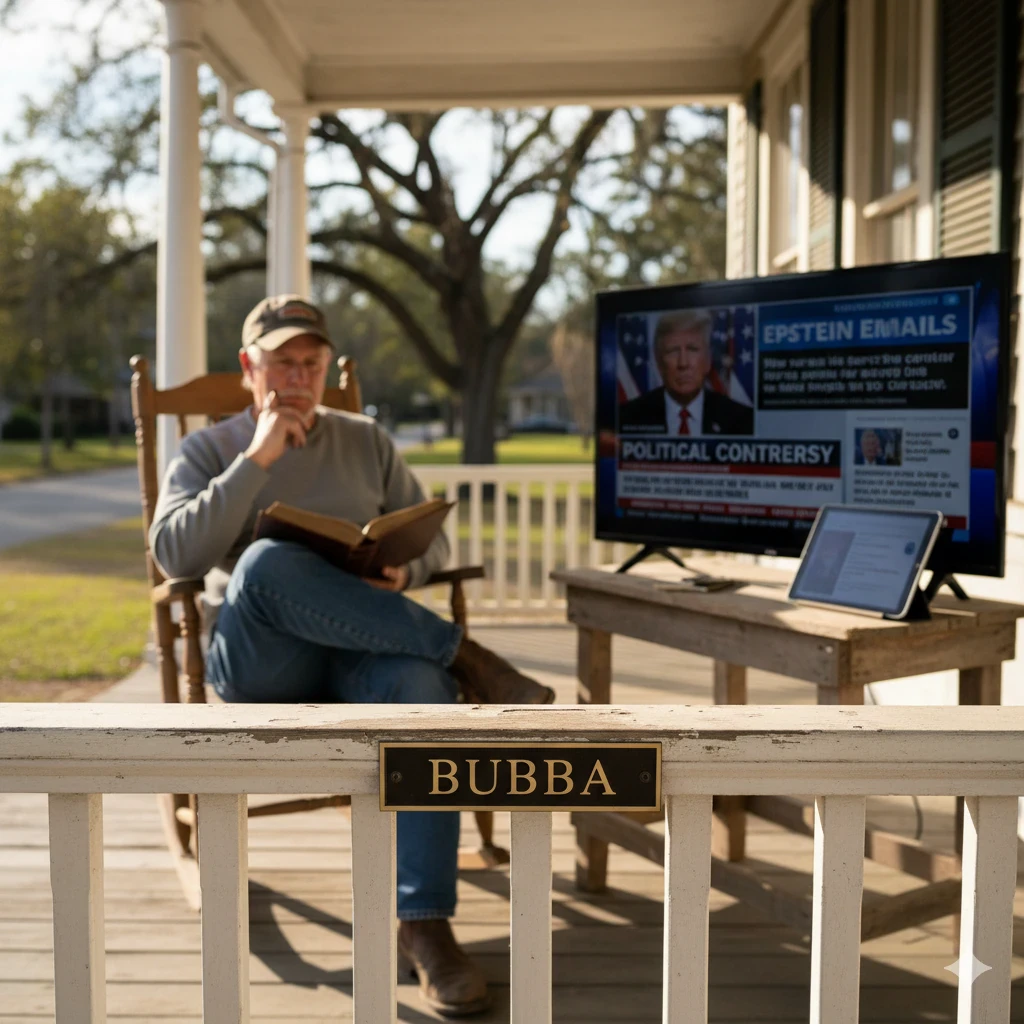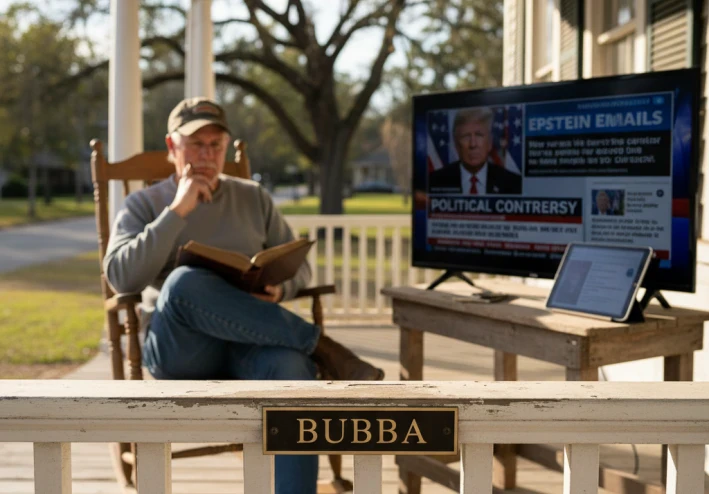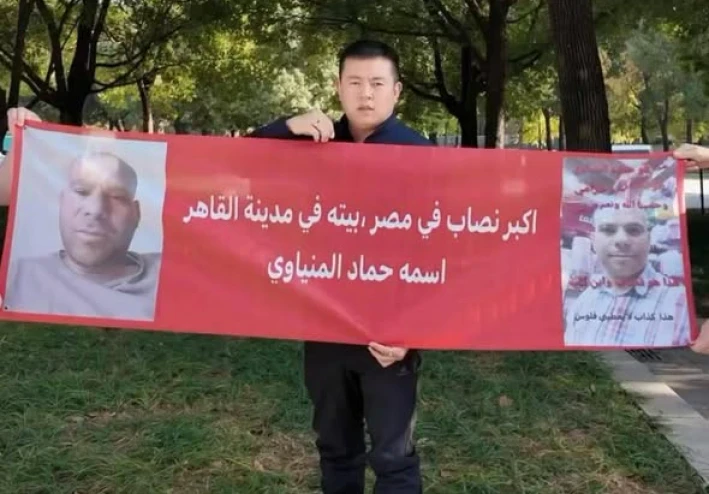Cultural Semiotics: The Resurgence and Political Weaponization of the Term
“Bubbas”
Executive Summary: The term "Bubba," historically a Southern American nickname for "brother," has evolved from a simple term of affection to a loaded political epithet. Its recent, high-profile inclusion in leaked political documents underscores its lasting significance as a cultural shorthand for identity, class, and political controversy.
1. Etymology and Sociocultural Roots
The origin of "Bubba" is traced to an alteration of the English word "brother," appearing prominently in the Southern United States as a family endearment. Its subsequent cultural trajectory, however, layered it with complexity.
A. The Dual Meaning Spectrum
Category
Core Usage
Connotation
Cultural Context
Affectionate
Familiar address within family/close circles.
Warmth, kinship, loyalty.
Southern family life.
Stereotypical
Label for a white, working-class male.
Lack of sophistication, limited education, "Good Ol' Boy" image.
National media and comedy.
B. Identity and Class Distinction
While originally universal, the media solidified "Bubba" as a signifier of the American working class in the South, often used dismissively by those outside the region. This distinction highlights a persistent cultural divide based on education and perceived sophistication.
2. High-Profile Political Context
The term gained national political currency primarily through former President Bill Clinton, who was frequently referred to as "Bubba" by his constituents and supporters in Arkansas. This association cemented the nickname in the political lexicon.
Key Takeaway: The use of "Bubba" in politics is rarely neutral; it is either used to convey authenticity and regional connection (by supporters) or to imply provincialism and lack of refinement (by critics).
3. Recent Media Exposure and Analytical Focus
The term witnessed a significant, sensational revival in political news following the release of documents related to the deceased financier, Jeffrey Epstein.
A. The Epstein Email Controversy
A crucial point of discussion emerged from an email that contained a highly suggestive and cryptic reference: “Ask him if Putin has photos of Trump blowing Bubba?”
Political Shorthand: "Bubba" was instantly interpreted by commentators and news analysts as referring to Bill Clinton, given the history and context of the political figures named. Media Analysis: This single line thrust the historical nickname back into the center of discussions about political blackmail, international espionage, and decades-old political scandals, providing fertile ground for media speculation.
B. The Implication of Weaponization
The utilization of the nickname in this manner demonstrates its transformation:
It is no longer simply a cultural label but a political codename understood by a broad audience. Its inclusion in a sensitive document suggests its enduring power as a disparaging marker or key identifier in highly charged political communications. The media coverage surrounding the phrase "Donica Lewinsky" illustrates how historical figures and events are instantly mobilized and remixed in contemporary political warfare. Conclusion: A Lasting Cultural Signifier
"Bubba" stands as a powerful example of how language in American culture is perpetually fluid. What began as a term of familial love has become a multi-layered signifier of regional identity, class, and, most recently, a component of high-stakes political intrigue, proving


































